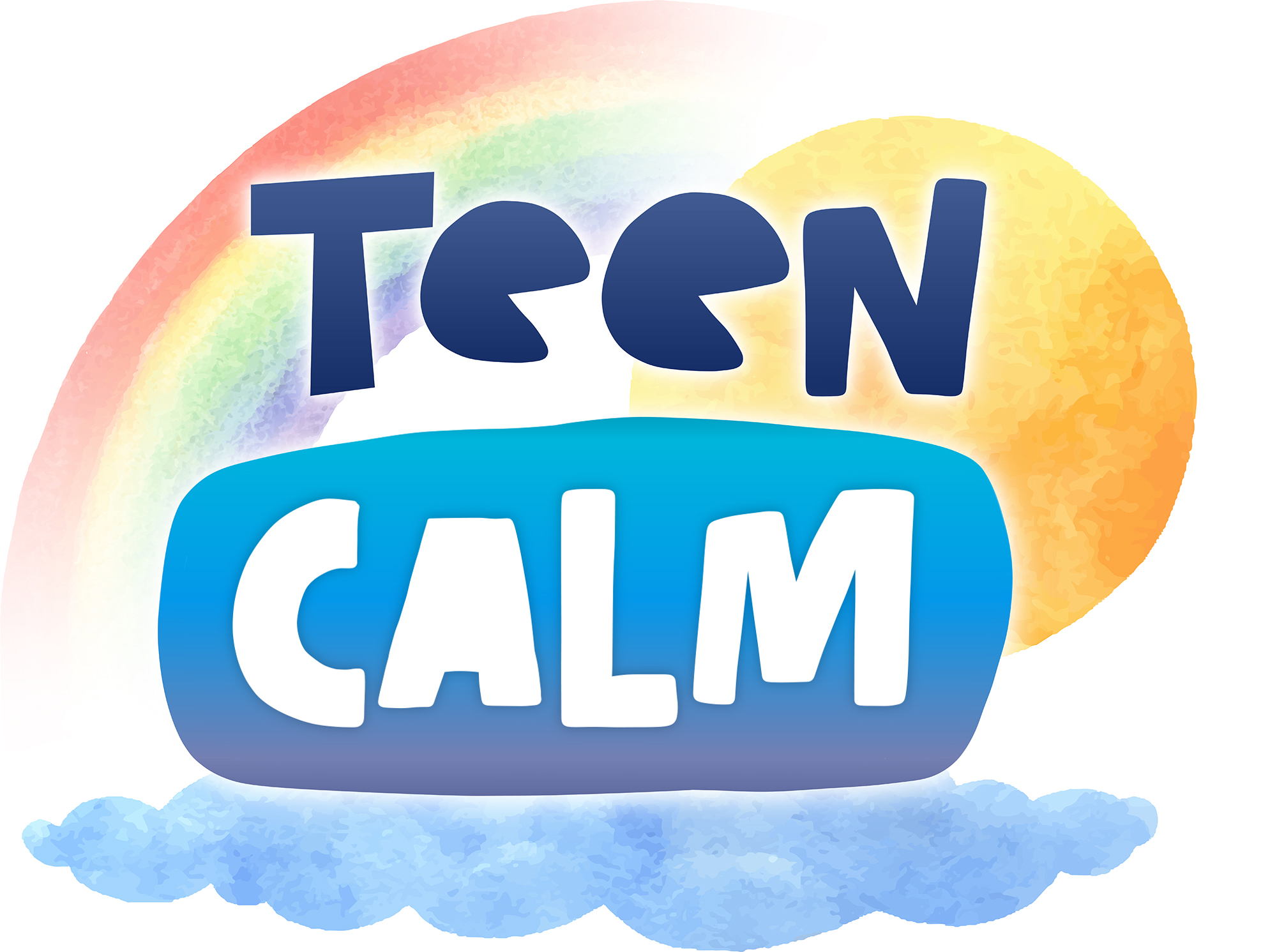With no signs of UK schools, colleges or universities going back until at least September and ‘bubbles’ of contact being a limited way of face to face socialising, it’s little wonder that feelings of anxiety, fear and worry are rearing their heads for teenagers.
As COVID-19 continues to test the resilience and strength of people around the world, the thoughts, feelings and behaviours of adolescents are stretched, with many feeling lonely and disaffected.
Cathy Wassell, who runs FIGS UK (Fighting Inequality for Girls on the Spectrum) and is the founder of Teen Calm, says, “There’s no doubt that COVID-19 and lockdown have had a significant impact on the mental of health of teenagers, but knowing how to help them isn’t simple. We know communicating with teens can be hard, but if you can find a way to do this and it means they can take control of something corona has taken away, you could start to make progress.”
Keep in touch
Talking to your bestie, messaging the girls and seeing what your friends are up to is a good way to keep connected to the outside world. Being in touch with people you love can help you feel calmer and happier knowing you aren’t alone.
Get some sleep
While the temptation might be to scroll on phones until the early hours, actually getting enough sleep is key when it comes to health and wellbeing.
Chill out
Whether it is listening to music, watching a favourite film, or just sitting on the sofa with the dog, spending time doing something you love in a quiet space can be really helpful. Life doesn’t have to be all about dashing around, and our Teen Calm boxes are full of relaxing goodies that can help you catch your breath and slow down again.
Write it down
Writing is a great way to get worries out of your head. Drawing in a journal, keeping a diary or writing a blog about how you are feeling can be a really powerful way to get things together again.
Jump around
Exercise takes our mind off stress and releases feel good chemicals from our brains that make us feel better the natural way. You can go for a walk in the park, jog around the block or enjoy a bike ride and maybe doing this in a safe, socially distanced way with friends could make it even better.
Find the positives
Something as simple as making a list of things to be happy about or grateful for each day can help. During these times when stress and tension are high it is easy to focus on the negatives, but even a call with your cousin or a take-away for dinner can spark a little brightness.
Cathy adds, “None of this is rocket science, but being aware of how your teen is behaving and allowing them some control and semblance of normality can ease things at home. Everyone is different and there will be coping techniques and strategies, so try to sit down, talk it out and find a happy plan for the coming months.”
For more details go to Teen Calm.


